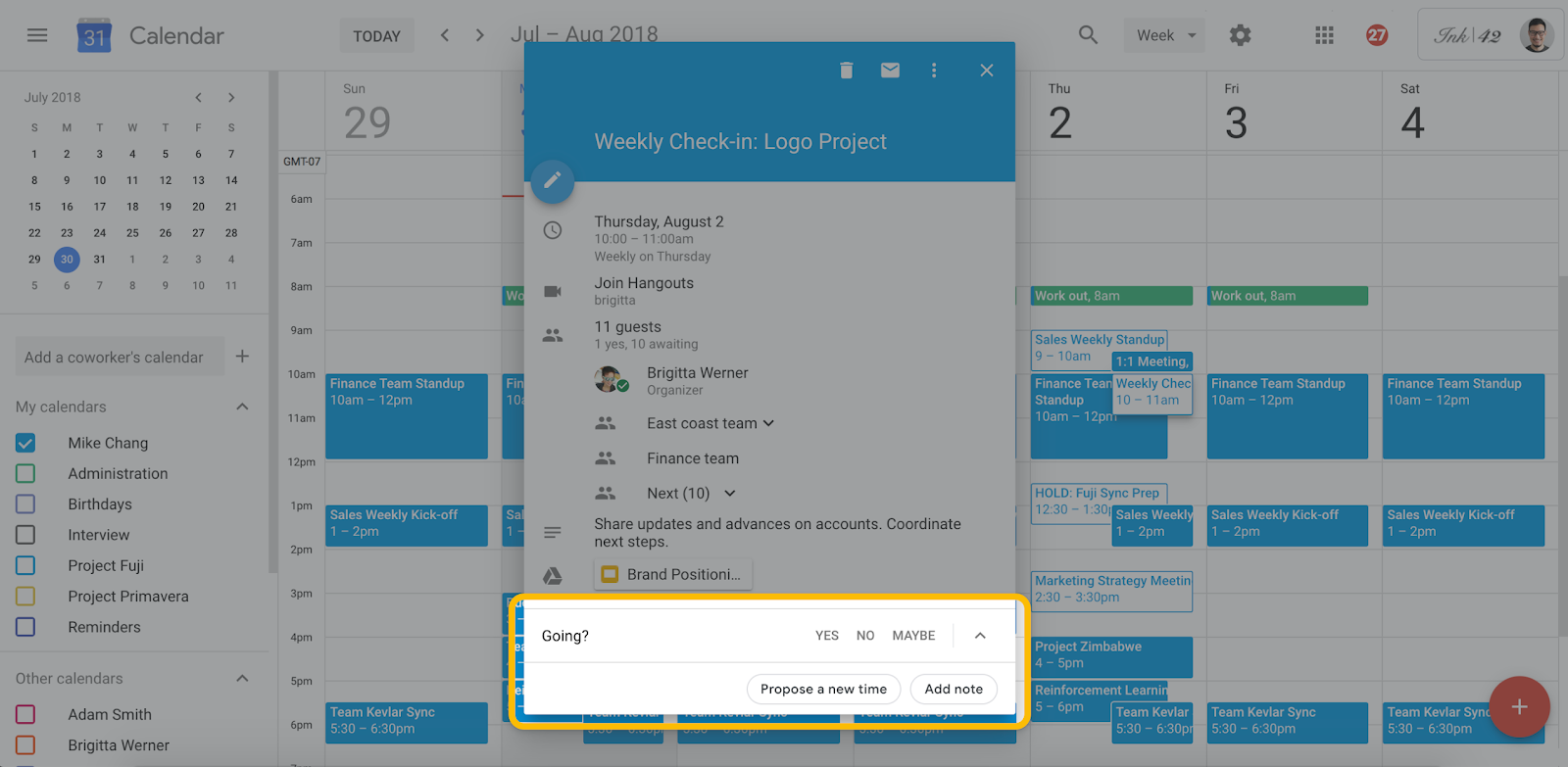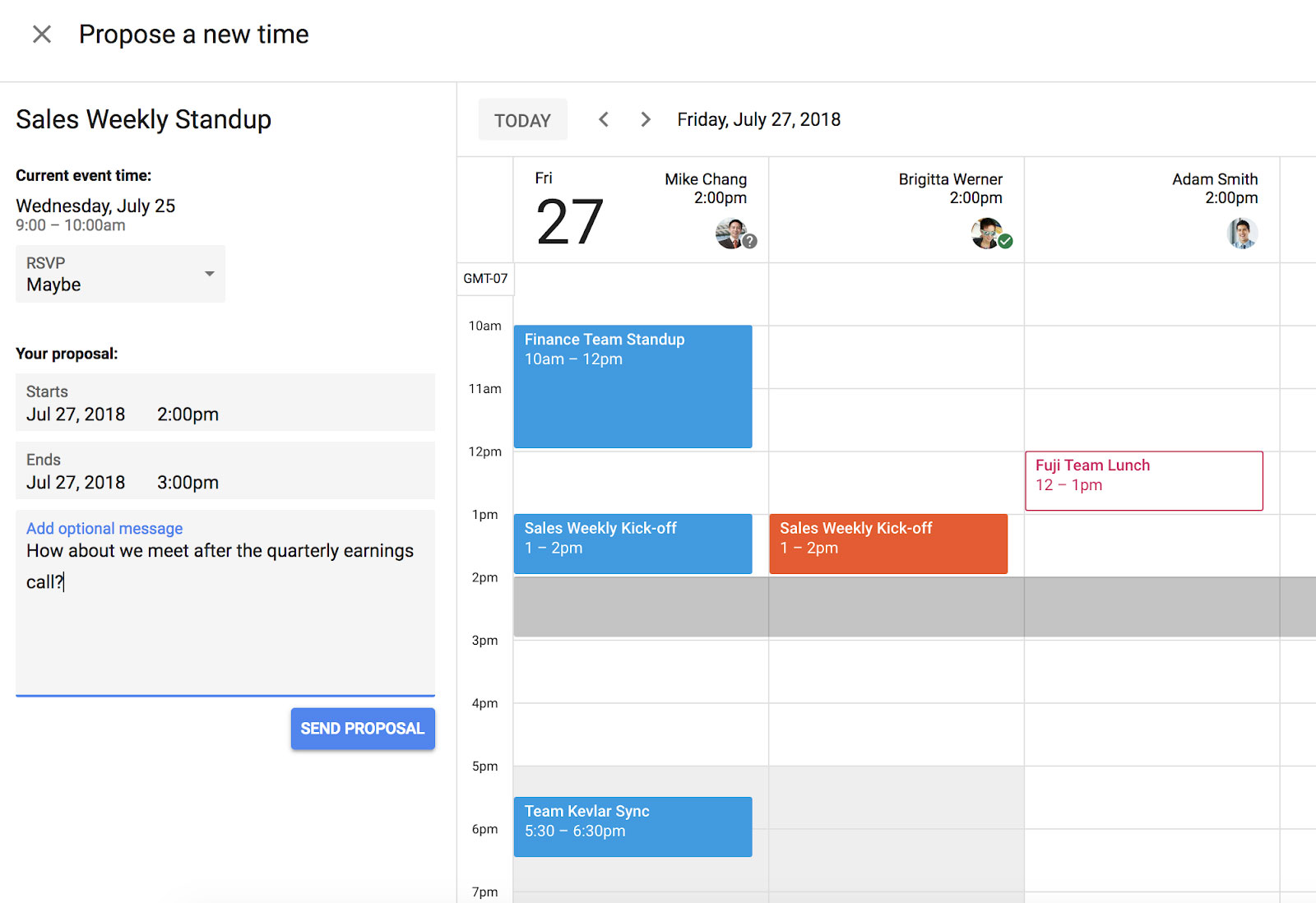Music
Trailers
DailyVideos
India
Pakistan
Afghanistan
Bangladesh
Srilanka
Nepal
Thailand
StockMarket
Business
Technology
Startup
Trending Videos
Coupons
Football
Search
Download App in Playstore
Download App
Best Collections
Technology
Could user profiles and better personalization features be coming to Amazon Prime Video app at long last The companynew Amazon Studios head Jennifer Salkejust teased that a major upgrade to Amazonstreaming video app is in the works & and she already has it running on a phone in her office, she said.
The exec was speaking at theTelevision Critics Associationsummer press tour in L.A., according to reports from AdWeek[paywall], TheWrap, and Deadline, when she mentioned the appbig makeover.
And while Salkestatements were light on key details & like when such an effort would reach end users, for example, or what changes, exactly, would be in store, thereplenty of room to speculate on what Prime Videoapp today lacks.
For starters, unlike competitors such as Netflix and Hulu, Prime Videoapp doesn&t focus on making personalized recommendations about what to watch next.
Instead, the interface features a number of content groupings of shows or movies that are &included with Prime.& These are organized by category and type & like &Comedy Movies& or &Recently Added TV,& for example. It also showcases content thattop rated, popular, or trending, along with some of its own editorial recommendations, like a section for Amazon&Original Movies& or its &Exclusive TV.&
A row may be dedicated to suggestions things to watch next based on viewing history, but iteasily overlooked. Overall, the interface has always felt more focused on pushing Prime content in a variety of ways, rather than helping you discover new things you&ll actually like.
What makes this worse is that Amazon doesn&t offer user profiles, where household members could each have their own watchlist and set of recommendations & features that are standard on rival streaming apps today, including Hulu, Netflix, and even newcomers like YouTube TV.
And though Amazon does offer parental controls to lock down viewing, it doesn&t allow parents and kids to keep separate profiles where adult content is actually hidden from children.
These would all be obvious areas of improvement for a new Amazon Prime Video app, along with a better mechanism for discovering Prime Videooptional add-on subscriptions, known as Prime Video Channels. Amazon today lets users build their own a la carte TV service by selecting premium channels like HBO, Showtime, Starz, CBS All Access, and more. But the Prime Video app itself doesn&t make channel suggestions in any sort of personal way & it simply offers an interface where you can browse through all of them.
But AmazonPrime Video Channels are rapidly becoming a driving force for over-the-top viewing,accounting for 55 percent of all direct-to-consumer video subscriptions. Amazon could easily revamp this feature to make it an even better selling point for Prime Video app users.
And of course, Amazon could still do a better job of highlighting its own originals & especially as it now has Emmy award winners and new nominees to promote & but in a way that feels more in tune with the viewers& interests.
The company has at least publicly acknowledged that profiles are something it knows users want. In fact, it has even responded to incoming tweets with comments that explain how profiles aren&t available &at this time,& or &yet,& or say thata &good suggestion& when people offer feedback.
As for Salkestatements, the most she offered is that the new Prime Video interface is &much more intuitive,& which hints towards improved navigation and how she finds it be &sort of seamless the way they&ve actually…& well, something & she cut herself off from that last reveal, by saying &I don&t know if I should give it away. Itcool!&
Uh-huh. Good one.
She does say that the team wanted to develop the best UI (user interface) to line up with Amazoninvestment & meaning, apparently, the app should better highlight Amazon~$4+ billion spent onoriginal programmingthis year.
She also mentioned some of its upcoming high-profile series, like the sci-fi fan favorite &The Expanse,& which Amazon rescued from Syfycancellation; the new &Lord of the Rings& project; and the Julia Roberts thriller &Homecoming,& directed by &Mr. Robot&s& Sam Esmail. Plus, she referenced three new series, including &The Expatriates,& from Nicole Kidmanproduction company; Lena Waitheexec-produced horror series &Them;& and the sci-fi romantic comedy from &The Office&s& Greg Daniels, called &Upload.&
- Details
- Category: Technology
Read more: Amazon is planning to give Prime Video a big makeover
Write comment (92 Comments)Every artificial intelligence startup or corporate R-D lab has to reinvent the wheel when it comes to how humans annotate training data to teach algorithms what to look for. Whether itdoctors assessing the size of cancer from a scan or drivers circling street signs in self-driving car footage, all this labeling has to happen somewhere. Often that means wasting six months and as much as a million dollars just developing a training data system. With nearly every type of business racing to adopt AI, that spend in cash and time adds up.
Labelbox builds artificial intelligence training data labeling software so nobody else has to. What Salesforce is to a sales team, Labelbox is to an AI engineering team. The software-as-a-service acts as the interface for human experts or crowdsourced labor to instruct computers how to spot relevant signals in data by themselves and continuously improve their algorithms& accuracy.
Today, Labelbox is emerging from six months in stealth with a $3.9 million seed round led by Kleiner Perkins and joined by First Round and GoogleGradient Ventures.
&There haven&t been seamless tools to allow AI teams to transfer institutional knowledge from their brains to software,&says co-founder Manu Sharma. &Now we have over 5,000 customers, and many big companies have replaced their own internal tools with Labelbox.&
KleinerIlya Fushman explains that &If you have these tools, you can ramp up to the AI curve much faster, allowing companies to realize the dream of AI.&
Inventing the best wheel
Sharma knew how annoying it was to try to forge training data systems from scratch because he&d seen it done before at Planet Labs, a satellite imaging startup. &One of the things that I observed wasthatPlanet Labs has a superb AI team, but that team had been for over six months building labeling and training tools.Is this really how teams around the worldare approaching building AI,& he wondered.
Before that, he&d worked at DroneDeploy alongside Labelbox co-founder and CTO Daniel Rasmuson, who was leading the aerial data startupdeveloper platform. &Many drone analytics companies that were also building AI were going through the same pain point,& Sharma tells me. In September, the two began to explore the idea and found that 20 other companies big and small were also burning talent and capital on the problem. &We thought we could make that much smarter so AI teams can focus on algorithms,& Sharma decided.
Labelboxteam, with co-founders YsiadFerreiras (third from left), Manu Sharma (fourth from left), Brian Rieger (sixth from left) Daniel Rasmuson (seventh from left)
Labelbox launched its early alpha in January and saw swift pickup from the AI community that immediately asked for additional features. With time, the tool expanded with more and more ways to manually annotate data, from gradation levels like how sick a cow is for judging its milk production to matching systems like whether a dress fits a fashion brandaesthetic. Rigorous data science is applied to weed out discrepancies between reviewers& decisions and identify edge cases that don&t fit the models.
&There are all these research studies about how to make training data& that Labelbox analyzes and applies, says co-founder and COO Ysiad Ferreiras, who&d led all of sales and revenue at fast-rising grassroots campaign texting startup Hustle. &We can let people tweak different settings so they can run their own machine learning program the way they want to, instead of being limited by what they can build really quickly.& When Norway mandated all citizens get colon cancer screenings, it had to build AI for recognizing polyps. Instead of spending half a year creating the training tool, they just signed up all the doctors on Labelbox.
Any organization can try Labelbox for free, and Ferreiras claims hundreds have. Once they hit a usage threshold, the startup works with them on appropriate SaaS pricing related to the revenue the clientAI will generate. One called Lytx makes DriveCam, a system installed on half a million trucks with cameras that use AI to detect unsafe driver behavior so they can be coached to improve. Conde Nast is using Labelbox to match runway fashion to related items in their archive of content.
Eliminating redundancy, and jobs
The big challenge is convincing companies that they&re better off leaving the training software to the experts instead of building it in-house where they&re intimately, though perhaps inefficiently, involved in every step of development. Some turn to crowdsourcing agencies like CrowdFlower, which has their own training data interface, but they only work with generalist labor, not the experts required for many fields. Labelbox wants to cooperate rather than compete here, serving as the management software that treats outsourcers as just another data input.
Long-term, the risk for Labelbox is that itarrived too early for the AI revolution. Most potential corporate customers are still in the R-D phase around AI, not at scaled deployment into real-world products. The big business isn&t selling the labeling software. Thatjust the start. Labelbox wants to continuously manage the fine-tuning data to help optimize an algorithm through its entire life cycle. That requires AI being part of the actual engineering process. Right now itoften stuck as an experiment in the lab. &We&re not concerned about our ability to build the tool to do that. Our concern is ‘will the industry get there fast enough'&Ferreiras declares.
Their investor agrees. Last yearbig joke in venture capital was that suddenly you couldn&t hear a startup pitch without &AI& being referenced. &There was a big wave where everything was AI. I think at this point italmost a bit implied,& says Fushman. But itcorporations that already have plenty of data, and plenty of human jobs to obfuscate, that are Labelboxopportunity. &The bigger question is ‘when does that [AI] reality reach consumers, not just from the Googles and Amazons of the world, but the mainstream corporations'&
Labelbox is willing to wait it out, or better yet, accelerate that arrival — even if it means eliminating jobs. Thatbecause the team believes the benefits to humanity will outweigh the transition troubles.
&For a colonoscopy or mammogram, you only haveacertain number of people in the world who can do that. That limits how many of those can be performed. In the future, that could only be limited by the computational power provided so it could be exponentially cheaper& says co-founderBrian Rieger.With Labelbox, tens of thousands of radiology exams can be quickly ingested to produce cancer-spotting algorithms that he says studies show can become more accurate than humans. Employment might get tougher to find, but hopefully life will get easier and cheaper too. Meanwhile, improving underwater pipeline inspections could protect the environment from its biggest threat: us.
&AI can solve such important problems in our society,& Sharma concludes. &We want to accelerate that by helping companies tell AI what to learn.&
- Details
- Category: Technology
Read more: A pickaxe for the AI gold rush, Labelbox sells training data software
Write comment (95 Comments)Nobody really likes meetings — and the few people who do like them are the ones with whom you probably don&t want to have meetings. So when you&ve reached your fill and decide to reschedule some of those obligations, the usual process of trying to find a new meeting time begins. Thankfully, the Google Calendar team has heard your sighs of frustration and built a new tool that makes rescheduling meetings much easier.
Starting in two weeks, on August 13th, every guest will be able to propose a new meeting time and attach to that update a message to the organizer to explain themselves. The organizer can then review and accept or deny that new time slot. If the other guests have made their calendars public, the organizer can also see the other attendees& availability in a new side-by-side view to find a new time.

Whata bit odd here is that this is still mostly a manual feature. To find meeting slots to begin with, Google already employs some of its machine learning smarts to find the best times. This new feature doesn&t seem to employ the same algorithms to proposed dates and times for rescheduled meetings.
This new feature will work across G Suite domains and also with Microsoft Exchange. Itworth noting, though, that this new option won&t be available for meetings with more than 200 attendees and all-day events.
- Details
- Category: Technology
Read more: Google Calendar makes rescheduling meetings easier
Write comment (92 Comments)
Having proven itself an invaluable tool for the scheduling of group meetings, Google Calendar has now made itself even more useful by introducing a new feature that promises to make appointment organizing more convenient for everyone involved.
Starting today for web users and available for mobile from August 13, Google has announced that invited
- Details
- Category: Technology
Read more: Google Calendar now gives guests the power to suggest a new meeting time
Write comment (94 Comments)

Whether it’s going to keep the MacBook Air moniker or amalgamate into the MacBook 12-inch line, rumors are mounting for a 2018 refresh of an affordable, lightweight notebook from Apple.
The MacBook Air’s current model is sports a relatively archaic 5th-generation Intel processor, but reports from Taiwanese publication Economic Daily News, suggest
- Details
- Category: Technology
Read more: Apple rumored to launch 2018 MacBook Air with 8th-gen Intel processor
Write comment (93 Comments)
It was only in December 2017 that Mozilla launched a new icon for its Firefox Quantum browser, making the flaming fox brighter. Yet the internet company isn’t satisfied and has begun a new project of modernizing the Firefox brand.
While most people think of the browser when talking about Firefox, Mozilla wants the brand to encompass everything else
- Details
- Category: Technology
Read more: Firefox is burning its old logo and wants the internet's feedback on new branding
Write comment (90 Comments)Page 4591 of 5614

 19
19




